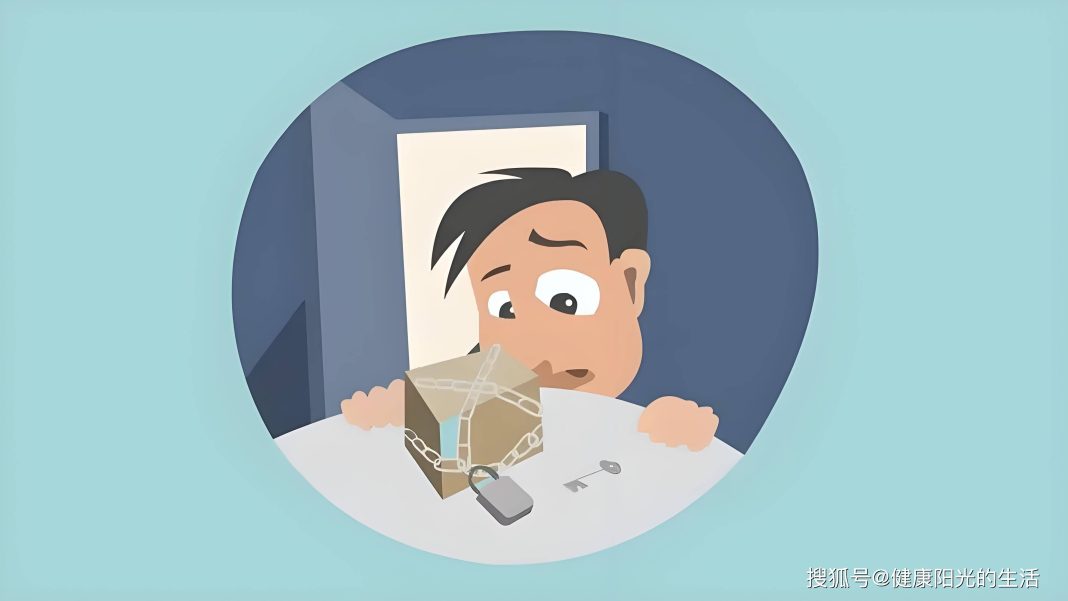In our complex and ever-changing world, mental health issues are gradually becoming a focal point of societal concern. Paranoia, as a common mental disorder, is often misunderstood and neglected. It not only greatly impacts the lives of patients but also imposes a heavy burden on their families and social relationships. So, who is more susceptible to paranoia? What hidden psychological pains and struggles lie behind this?
Individuals in high-pressure environments: Invisible psychological burdens
Firstly, individuals who have long been in high-pressure environments are often more prone to paranoia. Whether it is immense pressure at work or an unrelenting sense of anxiety in daily life, these factors may become triggers for paranoia. We can imagine a scenario: a successful middle-aged person who appears glamorous on the outside, but in reality, they bear immense pressure from all quarters every day. This accumulated pressure may eventually transform into a distorted perception of reality, leading to the onset of paranoia.
These individuals may feel helpless and isolated when faced with high-pressure situations. Their inner world becomes increasingly occupied by various negative emotions, leading them to question everything around them, even themselves. Paranoia breeds in such circumstances, trapping patients in a closed mental world that makes normal communication with the outside difficult.
Genetic and family background: Risk factors not to be ignored
Research indicates that paranoia has a certain hereditary tendency. If there are relatives in a family with mental illnesses, the risk of that family member developing paranoia significantly increases. This does not mean that everyone with a family history will develop paranoia, but they do need to pay more attention to their mental health.
Family background profoundly influences a person’s psychological development. Growing up in an environment lacking care and support may make individuals more fragile, struggling to cope with life’s challenges. This emotional deprivation can create extreme insecurity, leading to various defense mechanisms, including paranoia. Patients with paranoia often exhibit intense distrust of others, which is subconsciously their attempt to protect themselves from external harm.
Excessive self-protective awareness: Imbalance of psychological defenses
Patients with paranoia often have a strong sense of self-protection. They are extremely sensitive to changes in their environment and always try to identify factors threatening their safety. This excessive vigilance may stem from traumatic experiences they have endured, such as being deceived, betrayed, or suffering severe psychological blows. These experiences leave deep imprints in their minds, making it hard for them to trust others.
Within this psychological state, patients constantly construct various delusions to explain their feelings of fear and unease. For instance, some patients may firmly believe they are being followed or monitored, even though no such situation exists. For them, these delusions serve as a means of self-protection, rationalizing their inner insecurities through imaginary “enemies.”
Social isolation and loneliness: A breeding ground for paranoia
Long-term social isolation and feelings of loneliness can also be among the triggers for paranoia. Humans are social animals, and social interactions are crucial for our mental health. However, some people, for various reasons, cannot integrate into society or choose to isolate themselves. In such cases, their inner world often becomes closed off, and their perception of reality gradually diverges from normality.
Lonely individuals are more prone to falling into a vicious cycle of self-doubt and negative thinking. They may become overly focused on their inner world, leading to misunderstandings and paranoia regarding the outside world, ultimately developing into paranoia. Such examples are quite common in reality; for instance, some elderly individuals feel lonely and abandoned after losing their spouses or having their children far away, gradually developing delusions that they are being treated unfairly or are part of a conspiracy.
How to cope with the threat of paranoia?
The causes of paranoia are complex and varied.


